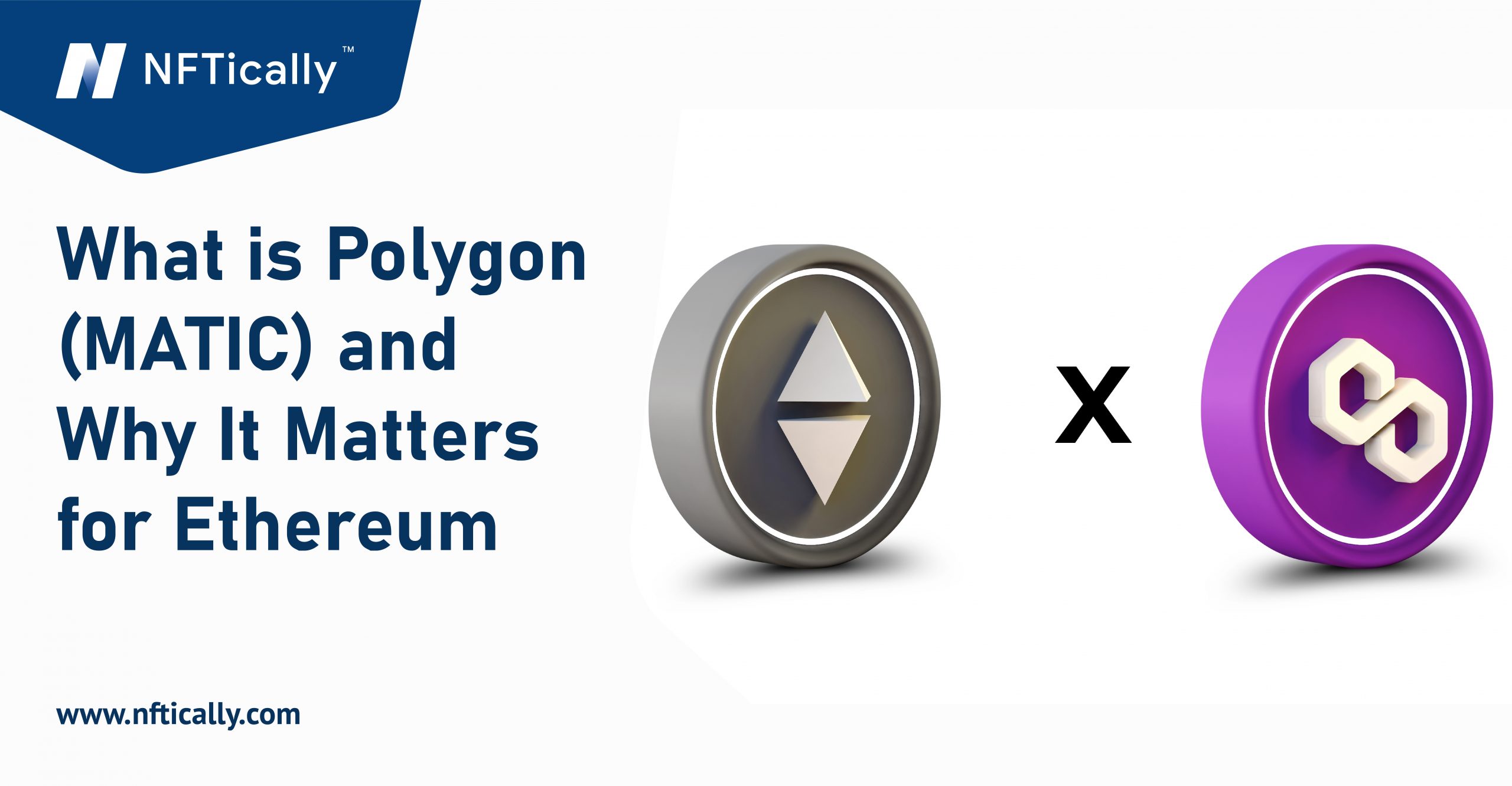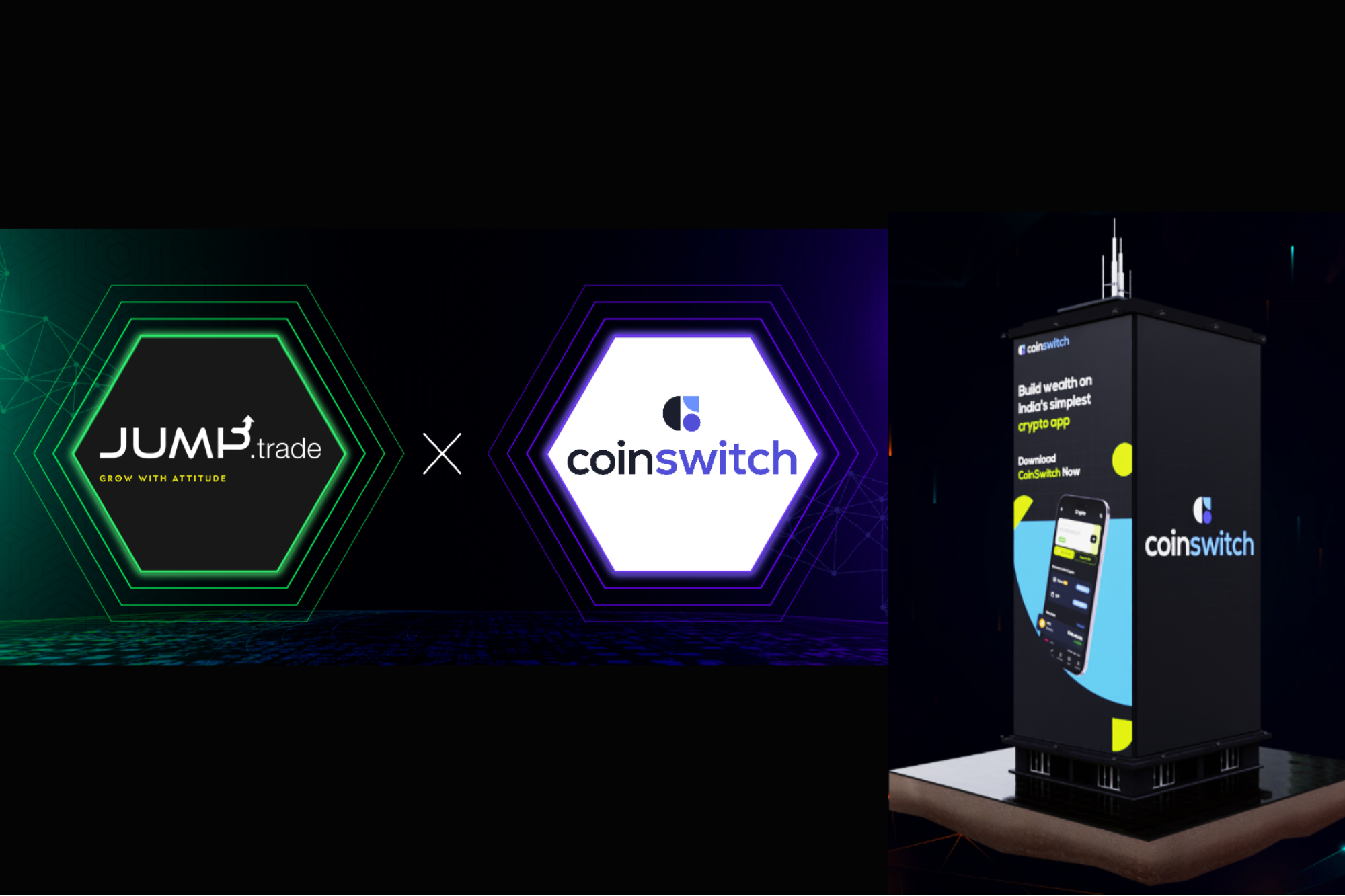Polygon, formerly known as Matic Network, has emerged as a game-changer in the blockchain space, particularly for the Ethereum ecosystem. In this article, we will delve into the intricacies of Polygon (MATIC) and its significance in the context of Ethereum. We will also explore its impact on the NFT market and how it has influenced the price dynamics of NFT tokens.
Understanding Polygon (MATIC)
Polygon is a layer-2 scaling solution designed to enhance the scalability and efficiency of the Ethereum network. It operates as a framework for building Ethereum-compatible blockchains, effectively creating a multi-chain ecosystem. This unique architecture has brought about several advantages for Ethereum and the broader blockchain industry.
Scalability
Ethereum’s inherent scalability issues have long been a concern, resulting in slow transaction speeds and high gas fees. Polygon tackles this problem by providing a scalable, secure, and high-performance infrastructure that complements the Ethereum network. This increased scalability allows for faster and cheaper transactions, making it more appealing for various use cases, including NFTs.
Significance of Polygon for Ethereum
Now, let’s discuss why Polygon is of great importance to Ethereum.
Reduced Gas Fees
High gas fees have been a major pain point for Ethereum users. Polygon’s layer-2 scaling solutions significantly reduce these fees, making transactions more affordable for users. This is particularly relevant for the NFT market, where every transaction incurs costs. With Polygon, NFT enthusiasts can enjoy a cost-effective trading experience.
Enhanced Speed
Polygon’s architecture offers lightning-fast transaction processing, providing an optimal environment for NFT trading. In a space where timing can be crucial, this speed boost is invaluable. NFT enthusiasts can mint, buy, sell, and trade their digital assets with ease and without delays.
Ecosystem Growth
Polygon has attracted a wide range of projects and developers to its ecosystem, fostering innovation and creating new opportunities for Ethereum. Many DeFi protocols, NFT marketplaces, and dApps have integrated with Polygon, increasing the diversity of the Ethereum ecosystem. This expansion benefits NFT marketplaces, as users can access a broader range of NFTs and services.
The Impact on NFTs
NFTs (Non-Fungible Tokens) have gained immense popularity in recent years, revolutionizing the digital art and collectibles market. Polygon’s influence on NFTs is substantial, with several key effects.
NFT Market Price
The NFT market price has witnessed both growth and stability thanks to Polygon. With lower gas fees and faster transactions, more participants can engage in the market. As a result, demand for NFTs has increased, driving up their prices. The reduced costs of buying, selling, and trading NFTs on Polygon have attracted both collectors and creators.
NFT Tokens Price
The prices of individual NFT tokens have also benefited from Polygon’s influence. With improved scalability and accessibility, NFT creators can reach a larger audience, leading to increased demand for their tokens. Moreover, the reduced overhead costs for buyers and sellers have contributed to the overall value proposition of NFT tokens.
NFT Price Chart
Analyzing the price chart of NFTs on Polygon reveals a more favorable trend for collectors and investors. The lower transaction costs translate to more frequent trading and increased liquidity in the market. As a result, the NFT price chart exhibits a smoother and more predictable growth pattern, making it an attractive option for those considering NFT investments.
Best NFT Gaming and Marketplaces
Polygon has also played a crucial role in the emergence of the best NFT gaming and marketplace platforms. By addressing the scalability and cost issues of Ethereum, it has provided a fertile ground for innovative NFT-based games and marketplaces to flourish. Some of the notable names in this space include Decentraland, Axie Infinity, and OpenSea, all of which have integrated with Polygon for a seamless user experience.
NFT Blockchain
Polygon, while not an independent blockchain, operates as an Ethereum sidechain, benefiting from Ethereum’s robust security and decentralization. It offers an ideal environment for NFT applications, making it a reliable and secure blockchain for NFTs.
NFTs for Sale
The ease of use and affordability that Polygon offers has resulted in a surge of NFTs for sale. Collectors and creators are flocking to Polygon-compatible marketplaces to list and discover unique digital assets. This increased activity has made NFTs more accessible to a broader audience, fostering a thriving ecosystem of NFTs for sale.
In conclusion, Polygon (MATIC) is not only a vital scaling solution for Ethereum but also a transformative force in the NFT market. Its impact on NFT market prices, NFT tokens, and the overall ecosystem is profound. By addressing Ethereum’s scalability issues, reducing transaction costs, and fostering innovation, Polygon has contributed significantly to the growth and development of NFTs. As the NFT market continues to expand, Polygon’s role in shaping its future remains crucial, making it a matter of great importance for Ethereum and NFT enthusiasts alike.




